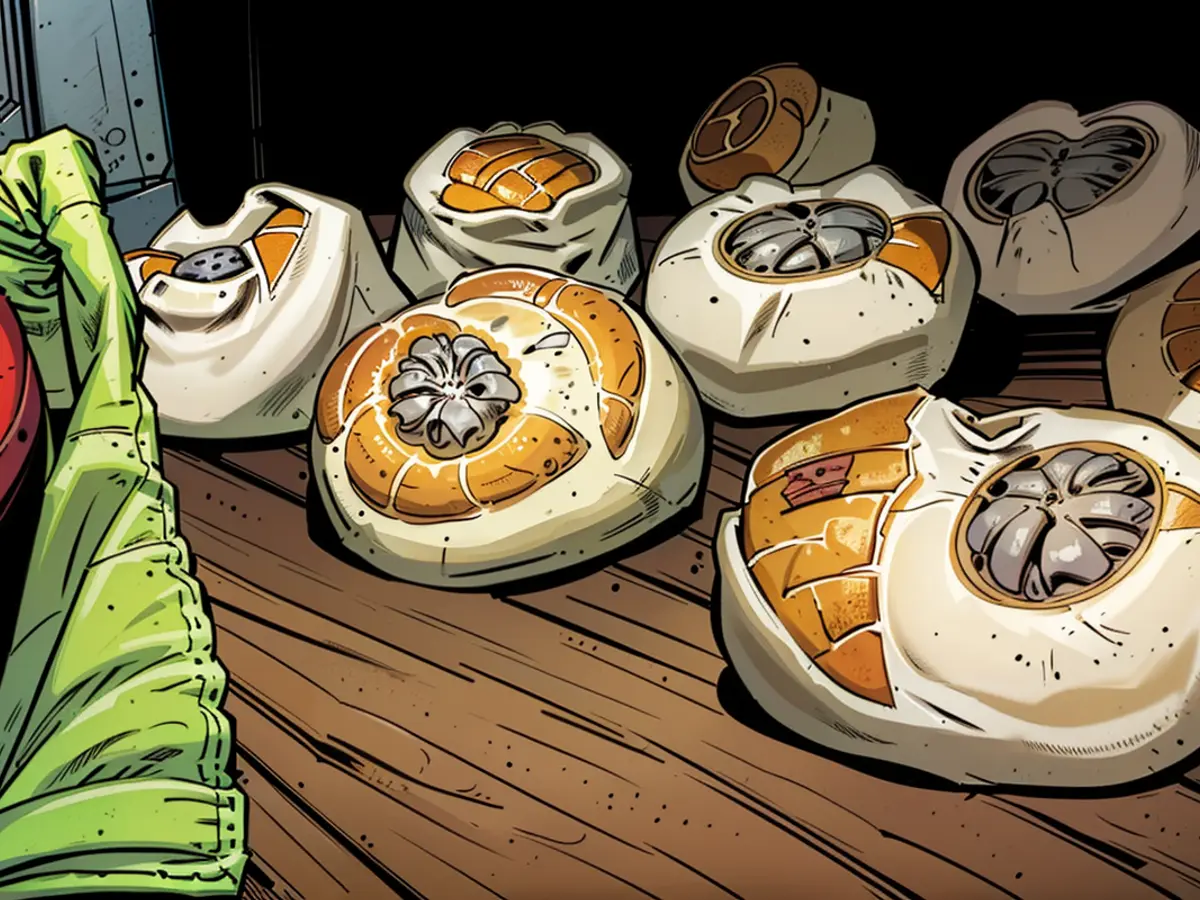In environments abundant with alcohol.
Certain food items contain trace amounts of alcohol, often going unnoticed by consumers. Such information is typically hidden in the fine print on product packaging. Advocacy groups are pushing for more prominent labeling to address this issue.
For instance, when purchasing beer and chocolate filled with egg liqueur, it's clear that they contain alcohol. But you might be surprised to find trace amounts in items like ready-to-bake rolls, precooked pizza dough, marzipan, and tiny hot dog buns. These alcohol contents are listed on the mandatory ingredients, but only in tiny fonts on the packaging, leading many consumers to miss this detail.
"Consumer complaints indicate that people frequently overlook the mention of alcohol in the ingredients list," stated Stephanie Wetzel, coordinator of the Lebensmittelklarheit project at the Verbraucherzentrale Bundesverband. This is especially problematic for children and adults who consciously avoid alcohol. Therefore, alcohol-containing foods should be clearly labeled. Wetzel also suggested that even in unpackaged foods and dishes served in restaurants without an ingredients list, alcohol should be mandatory.
Alcohol prevalent in sweets and ready meals
Alcohol is particularly common in sweets, desserts, and ready-made meals, reported the consumer advocate. Salad dressings, fine salads, and jams may occasionally include alcohol. In the ingredients lists, it may be labeled as 'ethanol' or 'ethyl alcohol'.
The German Bakers' Association explained that alcohol can be produced during the dough's fermentation process. The sugar in the grain gets converted into carbon dioxide and alcohol by yeast. The carbon dioxide ensures that bread has volume and doesn't turn into a baked dough lump in the oven. Meanwhile, alcohol contributes to aroma development and a good crust. The measurable amount is minimal, and the products are intended for baking, stated the association.
No mandatory warning labels yet
At present, there are no plans by the federal government for new packaging labels. The Federal Ministry of Food and Agriculture pointed out that the labeling regulations currently in place at the EU level do not call for mandatory warnings. The ministry supports a unified EU-wide approach to labeling aimed at preventing misuse of alcohol.
The Federal Institute for Risk Assessment concluded that ethanol from natural fermentation processes is unlikely to have intoxicating or toxic effects - even with large quantities consumed by "sensitive subgroups" in the population. Heating during baking is assumed to result in a significant reduction in any ethanol content present in ready-to-bake rolls.
The Federal Ministry of Food and Agriculture also noted that small amounts of natural alcohol can be found in fruit juices and kefir, typically not affecting the taste, and neither are known negative effects associated with small quantities, as per the assessment of the federal Max Rubner Research Institute.
"Despite being minimal, other alcoholic beverages such as wine or liqueur might be used in certain desserts or baking recipes, adding an unexpected alcohol content to these items."
"Advocating for transparency, it would be beneficial if all food items, including ready-to-bake products and dishes served in restaurants, had clear labels indicating the presence of any trace alcohol."








